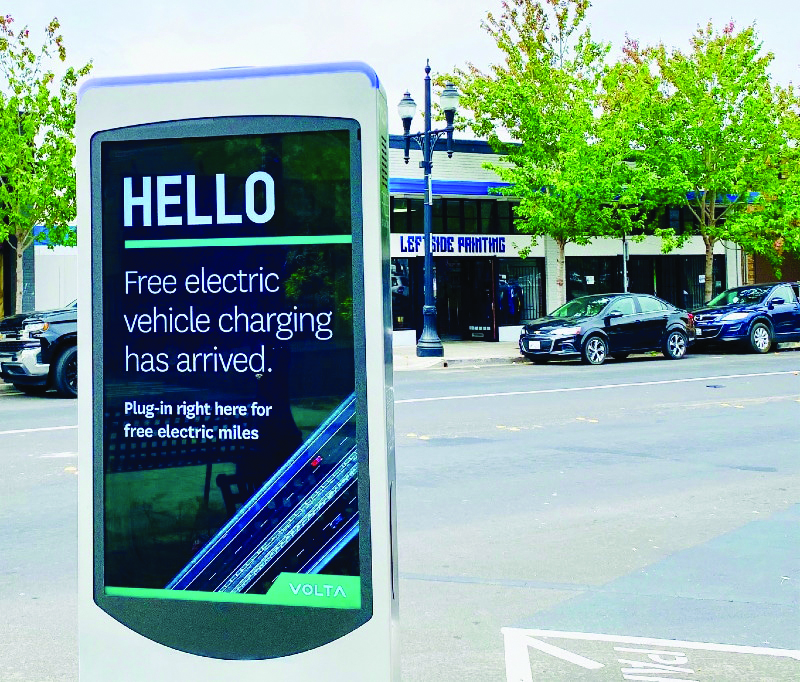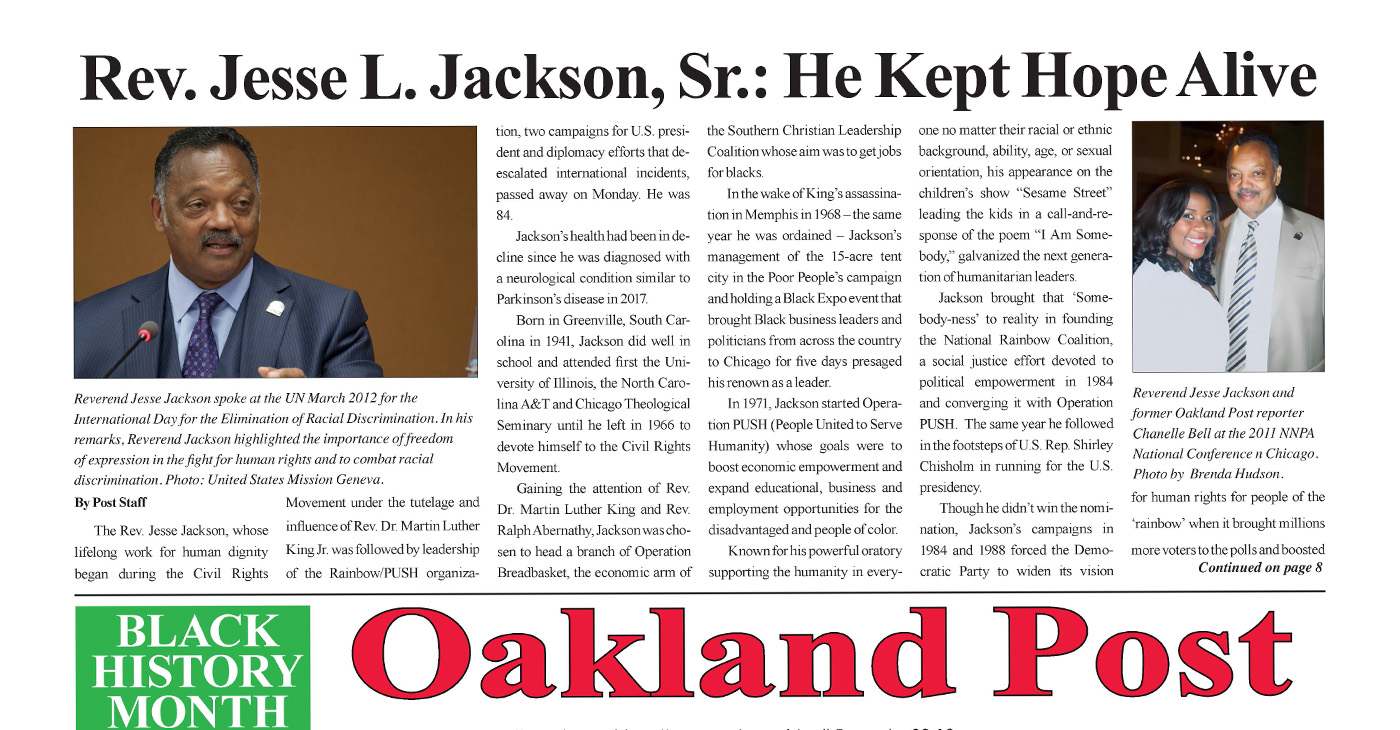Bay Area
City of Richmond and Volta to Offer Free Public Electric Vehicle Charging

Activism
Oakland Post: Week of February 25 – March 3, 2026
The printed Weekly Edition of the Oakland Post: Week of – February 25 – March 3, 2026
Activism
Chase Oakland Community Center Hosts Alley-Oop Accelerator Building Community and Opportunity for Bay Area Entrepreneurs
Over the past three years, the Alley-Oop Accelerator has helped more than 20 Bay Area businesses grow, connect, and gain meaningful exposure. The program combines hands-on training, mentorship, and community-building to help participants navigate the legal, financial, and marketing challenges of small business ownership.

Activism
Oakland Post: Week of February 18 – 24, 2026
The printed Weekly Edition of the Oakland Post: Week of – February 18 – 24, 2026
-

 Activism4 weeks ago
Activism4 weeks agoLife Expectancy in Marin City, a Black Community, Is 15-17 Years Less than the Rest of Marin County
-

 Activism4 weeks ago
Activism4 weeks agoOakland Post: Week of January 28, 2025 – February 3, 2026
-

 Activism3 weeks ago
Activism3 weeks agoCommunity Celebrates Turner Group Construction Company as Collins Drive Becomes Turner Group Drive
-

 Business3 weeks ago
Business3 weeks agoCalifornia Launches Study on Mileage Tax to Potentially Replace Gas Tax as Republicans Push Back
-

 Activism3 weeks ago
Activism3 weeks agoDiscrimination in City Contracts
-

 Arts and Culture3 weeks ago
Arts and Culture3 weeks agoBook Review: Books on Black History and Black Life for Kids
-

 Activism3 weeks ago
Activism3 weeks agoCOMMENTARY: The Biases We Don’t See — Preventing AI-Driven Inequality in Health Care
-

 Activism4 weeks ago
Activism4 weeks agoMedi-Cal Cares for You and Your Baby Every Step of the Way
























































